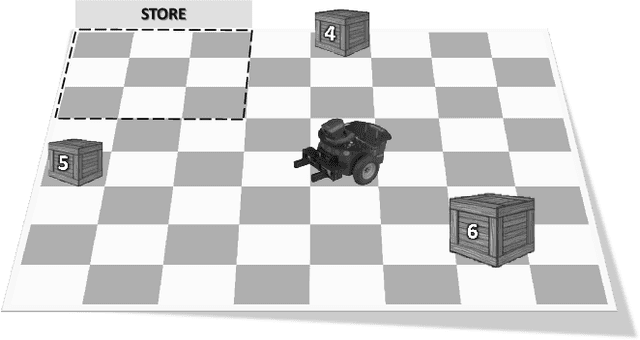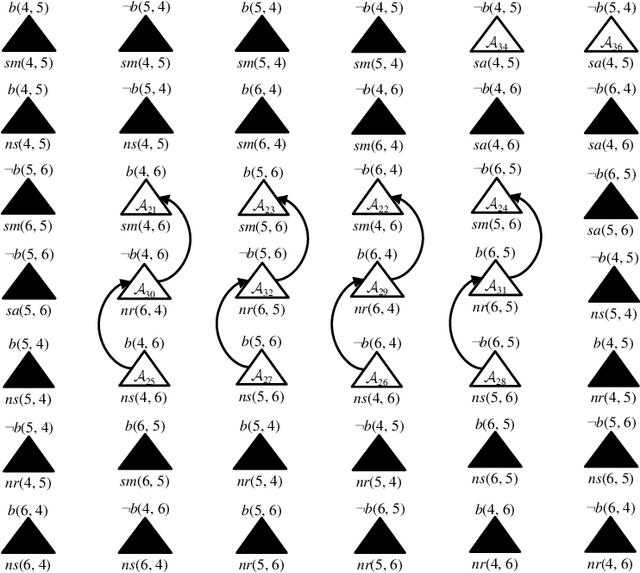Edgardo Ferretti
Hacia la interpretabilidad de la detección anticipada de riesgos de depresión utilizando grandes modelos de lenguaje
Mar 26, 2025Abstract:Early Detection of Risks (EDR) on the Web involves identifying at-risk users as early as possible. Although Large Language Models (LLMs) have proven to solve various linguistic tasks efficiently, assessing their reasoning ability in specific domains is crucial. In this work, we propose a method for solving depression-related EDR using LLMs on Spanish texts, with responses that can be interpreted by humans. We define a reasoning criterion to analyze users through a specialist, apply in-context learning to the Gemini model, and evaluate its performance both quantitatively and qualitatively. The results show that accurate predictions can be obtained, supported by explanatory reasoning, providing a deeper understanding of the solution. Our approach offers new perspectives for addressing EDR problems by leveraging the power of LLMs.
* In Spanish language, In 30{\deg} Congreso Argentino de Ciencias de la Computaci\'on (CACIC 2024), La Plata, Argentina
An approach to Decision Making based on Dynamic Argumentation Systems
Mar 05, 2019



Abstract:In this paper, we introduce a formalism for single-agent decision making that is based on Dynamic Argumentation Frameworks. The formalism can be used to justify a choice, which is based on the current situation the agent is involved. Taking advantage of the inference mechanism of the argumentation formalism, it is possible to consider preference relations and conflicts among the available alternatives for that reasoning. With this formalization, given a particular set of evidence, the justified conclusions supported by warranted arguments will be used by the agent's decision rules to determine which alternatives will be selected. We also present an algorithm that implements a choice function based on our formalization. Finally, we complete our presentation by introducing formal results that relate the proposed framework with approaches of classical decision theory.
 Add to Chrome
Add to Chrome Add to Firefox
Add to Firefox Add to Edge
Add to Edge